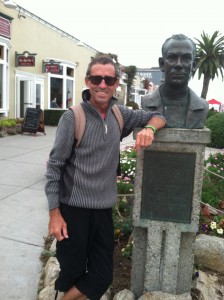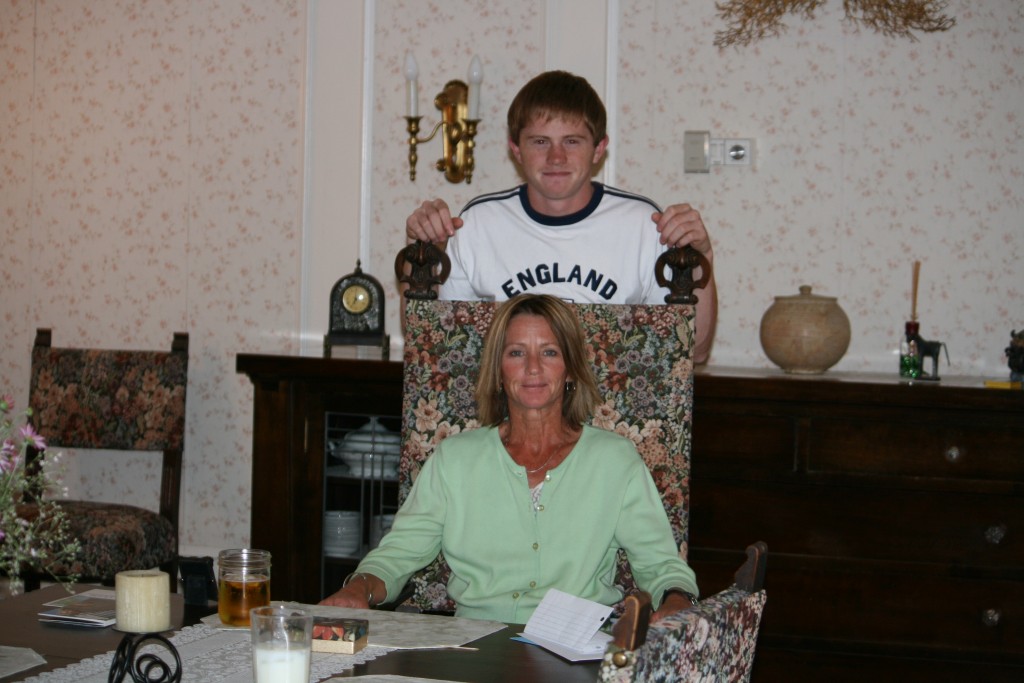About David W. Stoner

David W. Stoner explores and writes about the mysteries of man from his home in Dolores, Colorado. He has devoted his whole life to the study of nature and the nature of man. His stories probe the underbelly of the human condition. How do we survive the unrelenting harshness of life? Where do we look for meaning and guidance in a universe that seems indifferent? Can we dig deep enough inside ourselves to pull up the courage and strength to go on, even when our own vulnerability and doubt look to crush us? Is there any reason to go on? Of course, there is. To live is a privilege, and we owe it to ourselves to live honorably and fully. But this is where we become confused: what does it mean to live honorably and fully? The answer to this question lies deep inside each of us; it won’t be found in any story because the answer is different for each of us. In the end, we must answer only to ourselves because no one else will make the final journey with us. His stories are explorations; they won’t provide answers. Each of us must map out his own course in order to begin his courageous journey to discover the path of fulfillment.
In his lifetime, up until he retired a couple of years ago, he spent nine years working as the Natural Resources Manager for the Ute Mountain Ute Tribe in Southwestern Colorado, and 11 years as the Arapaho Ranch Manager for the Northern Arapaho Tribe on the Wind River Indian Reservation in Wyoming. Prior to his exciting time with the two tribes, his other pursuits and adventures included eight years as a cowboy on Grand River Ranch in Kremmling, Colorado, three years as a timber faller on the Olympic Peninsula in Washington, two years as a deckhand on a commercial fishing boat working out of San Francisco Bay, and two long, dark years as an underground miner in the Homestake Gold Mine in Lead, South Dakota. He also managed to find time (although time is a relative concept) to study philosophy at Colorado State University in Fort Collins.
This photo of my wife, Sandra Klun, and my son, Kolton Stoner, was taken on Mother’s Day, 2011, the last Mother’s Day that we would all be together. On July 21, 2011, my son committed suicide. One year later, my wife committed suicide. The life that I had known, the life that I had settled into so comfortably, was suddenly gone. After my son’s suicide, I tried to convince myself that losing my son from suicide was no different than losing him in an accident or from illness. But now I realize that I was wrong: suicide is especially cruel because it is a statement against life itself and, therefore, even more incomprehensible. My son and wife chose death over life. This is the ultimate act of defiance, but it leaves those left behind wondering what was behind this final farewell, this last leave-taking. Goodbye usually means until we see each other again, but suicide is a final and irreversible never again.

But I would never judge either one of them because I believe fully in one’s right to live (and die) however one chooses, as long as this choice doesn’t cause harm to anyone else. But doesn’t suicide cause pain and suffering to those left behind? Absolutely. But, still, I will never judge them. I miss them and love them deeply. They had their reasons, I’m sure. But the endless sadness doesn’t understand.
Albert Camus said: There is but one philosophical problem and that is suicide. By this, I think he meant that we have to make a conscious decision to live. Once we realize that we have the option to check out at any time, the option to put an end to all the confusion and chaos, then, and only then, can we begin the journey to enlightenment, the journey that hopefully will bring us some peace; only after coming to the realization that we hold our lives in our own hands, that, in the end, only we can stand in judgment of ourselves, that only we can hold ourselves accountable for our actions, and that only we have the capacity to look deeply inside our own hearts, only then can we begin to consciously sort through the things in our lives in order to discard those things that have no meaning, those things that weigh us down. We should travel lightly, and make every effort to regain the freedom of our youths. This is the only path to a meaningful, rewarding life. The great tragedy in life is that we all know how to live meaningfully and still don’t.
One of the biggest ways we can make an impact on suicide is to talk about it.
Join the conversation by visiting our Resources Page today.
